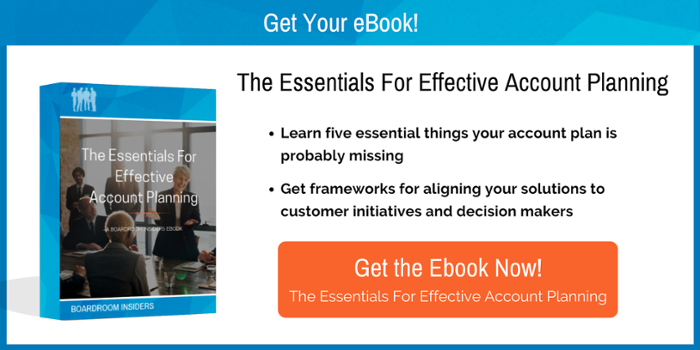
High-performing sales teams have one thing in common: a commitment to “customer centric selling.”
But what does that really mean?
First and foremost, it means having a single view of the customer. According to a late 2016 Salesforce survey of more than 3,100 global “sales trailblazers,” 68 percent of sales pros said it is absolutely critical or very important to have a single view of the customer across departments and roles.
And yet only 17 percent of sales teams rate their single view of customer capabilities as outstanding.
Let’s go a little deeper
What exactly does it mean to have a single view of the customer?
If you are like most organizations, it means having company-wide visibility into what a customer spends, what products and solutions it has purchased and deployed, and which business units are engaged with that customer, and all the points of contact. If a company has all of this information centralized and easily accessible—like in a CRMsystem—it is doing well, right?
Maybe not.
The problem is that you may be looking at the customer exclusively from an internal perspective—how they have engaged with your organization, what you have sold them in the past and what you want to sell them in the future. So you’re looking at the customer through the filter of your organization’s goals.
What about what your customer is doing and what they care about? How much do you know about their strategy, their initiatives and their executives and what they are saying in the market?
Do You Only Have Half of the Story?
If you are missing this external perspective on your customer, you are missing half the story—and arguably the most important part. Insight on what your customer cares about is a must-have for truly customer-centric organizations. Absent this, “customer-centric” is just an empty buzzword.
If you doubt that customers want you to look into their needs, concerns, and plans for the future—this Salesforce survey should make you think again. Customers are saying they want sales reps who are more consultative. Seventy-nine percent of business buyers say it is absolutely critical or very important to interact with a salesperson who is a trusted advisor who adds value to their business. According to the survey, “Today, sales reps—and other parties they increasingly collaborate with—must be proficient not only at selling products or services but also at understanding and anticipating customer needs. Otherwise, companies will forfeit loyalty to competitors that do.”
So despite the massive change businesses have navigated over the last decade, some things remain the same. The old adage “Know thy customer” is still true today.








Share Your Thoughts